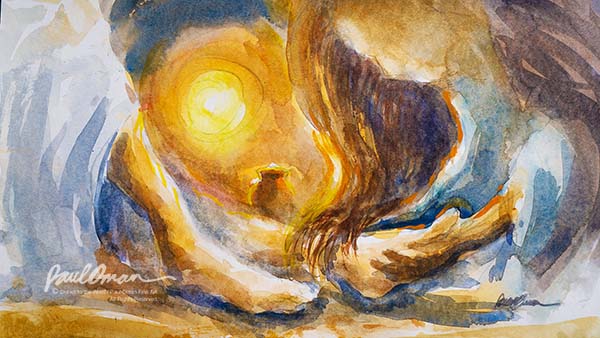Devotional on 2 Kings 4:8–36
There are some relationships that seem to echo with eternity—where you feel, in a quiet and holy way, that God is in the midst of it. The story of Elisha and the Shunammite woman in 2 Kings 4 is a striking reminder that when people relate to one another with godly respect, mutual care, and faith-filled presence, the ground between them becomes holy.
This wasn’t a romantic relationship, nor one of family obligation. It was something more surprising: a friendship born out of spiritual recognition. The woman from Shunem, described as well-off and discerning, saw something sacred in Elisha. “I know that this man who often comes our way is a holy man of God,” she said (v. 9). She didn’t just feed him—she built a room for him. She created space in her life and home for God’s servant, and in doing so, made room for the presence of God.
But this was not one-sided. Elisha, too, saw something more than generosity in her hospitality. He saw a woman of faith, contentment, and quiet longing. When he asked what he could do for her—offer political influence or help from the king—she declined. “I dwell among my own people,” she said (v. 13). She had no ambition for advancement. She was at peace with her place. Yet, there was something she had long given up on: a child.
So Elisha, unprompted by her or even by prayer, promises a son by the next year. She protests—“No, my lord… don’t mislead your servant!” (v. 16). Her fear is not doubt in Elisha’s kindness but in the risk of hope. When you’ve buried a dream long enough, you fear the pain of it being touched again.
But God was in their relationship. And sure enough, the promise was fulfilled. A child was born.
Years later, that same child suddenly dies. And now this relationship of blessing is tested in the fire of grief. The woman does something profound. She carries her son—not to the burial ground—but to Elisha’s room. The place of promise becomes the place of hope. She then goes to Elisha, determined, even in heartbreak, to remain anchored to the one in whom God’s presence had dwelled.
When Elisha sees her anguish, he admits God has not revealed it to him (v. 27). It’s a moment of beautiful humanity: a prophet who does not know what to say, but who listens, receives her pain, and walks with her into it. He doesn’t try to explain the mystery. He simply shares it.
Then Elisha does what he can: he prays, he acts, he persists. Twice he stretches himself over the child, a picture reminiscent of Genesis, of God breathing life into Adam. And after his persistence, the boy sneezes seven times—the number of completion, restoration. Life is returned. And in that room, where hope once lived, and grief once wept, the ground is now holy. God has been there.
The Shunammite woman bows to the ground. Not to Elisha, but to God.
What does this story teach us?
It shows that relationships rooted in God’s presence become vessels of his power. It teaches us that when we recognize God in one another, we create space for his Spirit to move. It reminds us that we do not walk alone in our blessings or in our sorrows, but that God often sends people to reflect his faithfulness to us.
But more than that, it challenges us:
Are we building relationships that make space for God to dwell?
Do we honor others—not for what they can do for us—but for how God is at work in them?
Are we the kind of friends who don’t shrink from the pain of others, but who remain present when the promise seems broken?
Sometimes, God does not act directly, but through the faithfulness of a friend. And sometimes, holy ground isn’t found in a temple or a mountaintop, but in the room someone built out of love… or the place where two people choose to trust God even when everything seems lost.
Where in your life is God calling you to be present, faithful, and open to his extravagant love?
May we be people who carry one another’s hopes and griefs, who speak life when others fear to hope, and who make every place we walk a little more like Eden—holy ground where God is.
Pastor Mark




